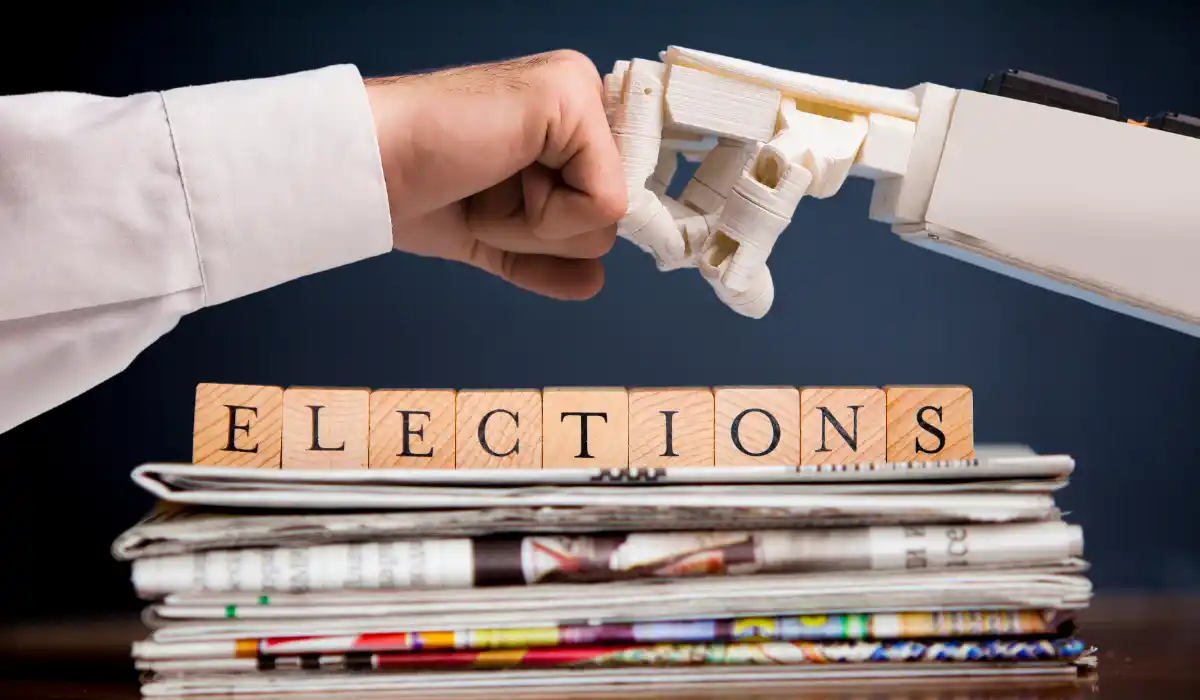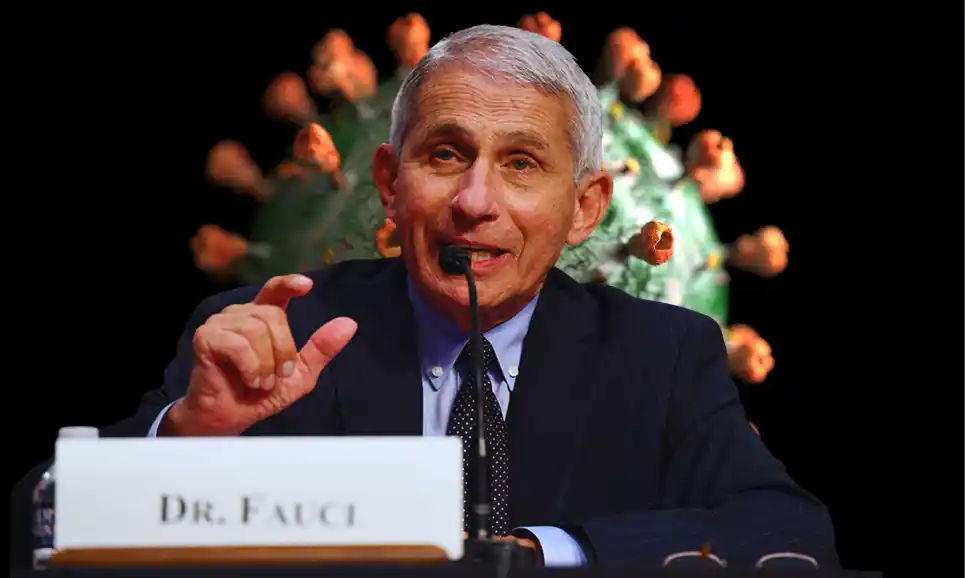
Rising Concerns Over AI Impact on Elections in 2024
The global stage is set for a series of elections across 54 nations, with a staggering 65 electoral events in the pipeline. Anticipated to engage over two billion voters, these elections bring forth a democratic surge that also raises apprehensions about the influence of artificial intelligence (AI) on shaping electoral outcomes.
AI-generated Disinformation: A Growing Concern
In recent times, the specter of AI-generated disinformation has loomed ominously. Notable instances include a deepfake video featuring Ukrainian President Volodymyr Zelensky supposedly conceding defeat, an AI-crafted image depicting an explosion at the Pentagon, and fabricated audio clips alleging election rigging. These incidents underscore the potential for AI manipulation of public perception during crucial election cycles.
Short-lived Impact
Despite the alarming nature of these instances, a silver lining emerges in the form of their short-lived impact. Swift debunking and minimal traction in authoritative news sources demonstrate the limited reach of AI-generated disinformation. It becomes apparent that for such deceptive narratives to pose a substantial threat, they must seamlessly integrate into broader, more convincing storylines.
The Need for Skilled Human Operators
While AI demonstrates the ability to generate persuasive content, it lacks the autonomy to create, propagate, or sustain narratives without the guidance of skilled human operators. These individuals, well-versed in politics, news, and distribution, play a pivotal role in crafting and disseminating compelling narratives. Just as human-led political campaigns face challenges, AI-enabled ones are susceptible to shortcomings without the expertise of skilled individuals.
However, it is essential to maintain vigilance as the capabilities of AI continue to evolve. The contemporary media landscape, marked by fragmentation across various social networks and platforms, further complicates the detection and explanation of AI-generated disinformation. The rise of niche communities on platforms like Threads, BlueSky, and Mastodon, alongside the diversification of Facebook users to Instagram and TikTok, restricts the impact of disinformation to smaller corners of the internet.
Natural Protection Against AI Disinformation
Three critical factors provide a “natural” defense against the potential harm of AI in elections: the ephemeral nature of most AI-generated fakes, the need for alignment with larger narratives, and the fragmentation of the information landscape. However, relying solely on these features is insufficient. A proactive approach is imperative to safeguard democracy and elections.
Curtailing Excessive Technological Personalization
Excessive technological personalization in election campaigns, facilitated by AI, social media, or paid ads, should be curtailed. While voters seek to understand individual politicians’ offerings, transparency about policies accessible to everyone is paramount. Deploying thousands of AI agents to tailor messages to individual voters risks undermining the democratic process and eroding trust.
Ensuring Identity Verification
Crucial in the digital realm is the verification of individuals’ identities. While maintaining anonymity plays a role in voting, transparency about online identities is vital concerning electoral matters. Trust is paramount, and citizens must have means to verify the authenticity of online voices. AI-generated content should not be leveraged to deceive or conceal identities.
The Role of Social Media Platforms
Major conduits of information dissemination, social media platforms play a crucial role in combating AI-generated disinformation. While not all platforms may engage significantly in generative AI, they still shape public discourse. These platforms should actively contribute to helping users identify AI-generated content, monitor and prevent large-scale manipulation of accounts and comments, curb coordinated AI harassment, and facilitate research and audits of their systems.
Collective Stance for Democracy
Confronting the threat posed by AI-generated disinformation requires a collective societal stance in favor of democracy. Disinformation often emanates from influential figures, contributing to polarization and fragmentation. Leaders, setting examples, guide societal behavior. Establishing higher standards and unequivocally denouncing politicians and campaigns exploiting AI to mislead citizens becomes crucial.





